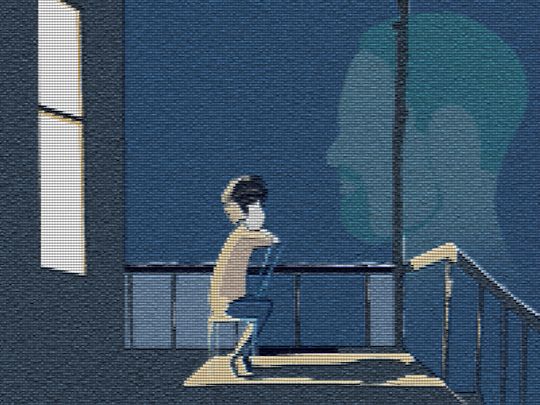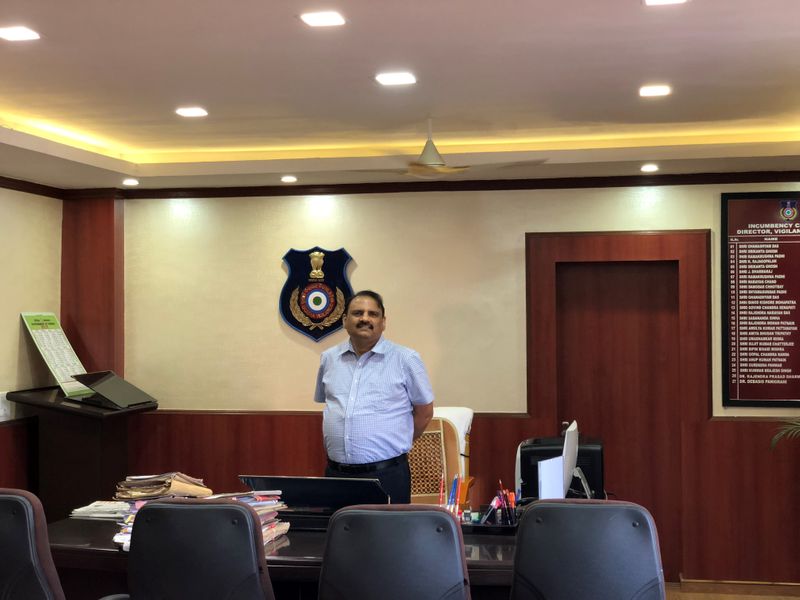
I rarely read an obituary, as I find them predictable and boring. Being professionally and personally inclined to be critical, the unadulterated glorification of a person’s life in an obituary makes it uncomfortable reading for me. So, I had never thought that I will ever write one. But life has its way of saying that never say never again.
In the last couple of months, I have lost several distant relatives, many classmates, and also parents of my friends in India as they have fallen victim to the so-called second wave of the COVID-19 pandemic.
It is not easy for anyone, but it feels acutely helpless and often guilty for someone living abroad for not being there with them at this difficult time.
Moreover, an emigree lacks a social setting to grieve well, particularly when s/he loses a close friend back home. Last two weeks have made me realise the importance of obituaries and even write this one.
On June 18, 2021, I lost a very dear friend of nearly four decades, Debasis Panigrahi, to COVID-19. He was being treated in a specialised hospital in Kolkata after being airlifted from Odisha for better treatment.
He was only 56, fully vaccinated, adhering to all the pandemic-related health guidelines, and was receiving the best treatment available in the country. Still, it seems that all those were not enough to escape from the COVID-19.
To friends - just Bapi
Debasis Panigrahi was a senior police officer in our home state in Odisha. He had joined the Indian Police Service instead of choosing Indian Foreign Service to stay close to his parents. He was a well-respected literary figure and had received Odisha Sahitya Academy Awards. But, those things had no importance to our close friend circle in Odisha. We knew him as Bapi, and he will remain so forever.
I met him for the first time when we both stayed in the same hostel in 1983 at the Ravenshaw College, Kataka. We became close friends when we both also stayed in the same hostel in JNU in the late 1980s.
He was focused on getting through the coveted Indian Civil Services, and I was desperate to finish my Ph.D. study. He was interested in literature and music, and I was into politics. But, we always enjoyed each other’s company, and a cup of hot tea outside JNU’s Kamala Complex, even in the summertime.
The place we used to sit for the long tea sessions in JNU has been converted to a car park. The library canteen is also not there where I used to get two pieces of ‘fish fries’ from him to give him back the letters of his wife-to-be, Jhumki (it helps to know the postman’s letter delivery timing to the hostels). Before JNU changed its character, he moved to Odisha to be a Police officer, and I moved to Sweden to be an academic. That did not change the nature of our friendship.
We always met when I travelled to Odisha. Bapi and our small close friend group with families met on the last night of every year. It was almost a tradition to celebrate December 31 night at our house in Bhubaneswar and to wish each other a Happy New Year at the stroke of midnight before they all went back to their houses in Bhubaneswar and Bapi and his family to Kataka.
Little moments, big moments
I have not visited India for the last two Decembers due to reasons beyond my control, and we have not met for the New Year, and now we will never meet.
When I read several obituaries written for Debasis Panigrahi in the last two weeks, it became obvious that he was an efficient and honest police officer and a highly-regarded literary figure in Odisha. I never stayed in Odisha long enough to sense about it from others.
When we met alone or among our close friends, we talked about everything in this world but rarely about our professions. He always spoke in a low tone and invariably respectful to everyone that I often wondered how come he was a police officer! As I understand now, he was not only a police officer but a very good one, despite being the very opposite to what Bollywood wants us to believe.
A mini political controversy arose in Odisha as Debasis Panigrahi was not given the usual guard of honour at his funeral due to some bureaucratic technicalities. That unnecessary controversy was painful for anyone who know Bapi well that he would have himself not liked to flaunt this status.
I was in his car once, and we were going to a highway-side eatery outside Bhubaneswar for dinner. To avoid heavy truck traffic, when his driver put his car’s beacon light, he told him to switch that off as he was not on police duty.
Last time, when I was in Bhubaneswar, he insisted that I come to Kataka for a ‘pakhala’ lunch (a humble Odia dish that combines cooked rice with water) at the historic Kataka Club.

Many have already talked and written about his honesty and efficiency as a police officer and his command over words and expressions in his writings. I, among a very people, had the opportunity to know him as a diligent researcher.
Several years after leaving JNU, Bapi told me that he wants to do a Ph.D. I did not take him that seriously as he had a demanding job, and he was also prolific in writing fiction. But, he surprised me in my next visit to Odisha when he showed the collection of his research material and the knowledge he had on the environmental movements around Chilika Lake.
My erudite, soft-spoken friend
His job was to break that ‘anti-development’ movement, but he was fascinated by its nature and importance. It was thoroughly enjoyable to discuss with him the topic during his thesis writing days.
Not surprisingly, Debasis Panigrahi produced a fantastic Ph.D. thesis. The last discussion I had with him about his plan to spend a year abroad for higher studies, but it looks like he had another plans which he didn’t share.
Debasis Panigrahi was undoubtedly a well-respected police office officer, widely acclaimed writer, and an excellent researcher. But, more importantly, a doting husband, a loving father, and a loyal friend.
The COVID-19 pandemic has brought sorrow, helplessness, and a strong sense of guilt to those who have been living abroad and lost their near and dear ones in their home countries.
Bapi’s death has made me realise the sheer intensity of the distant mourning during the pandemic, making me write this obituary to somewhat cope with it.









